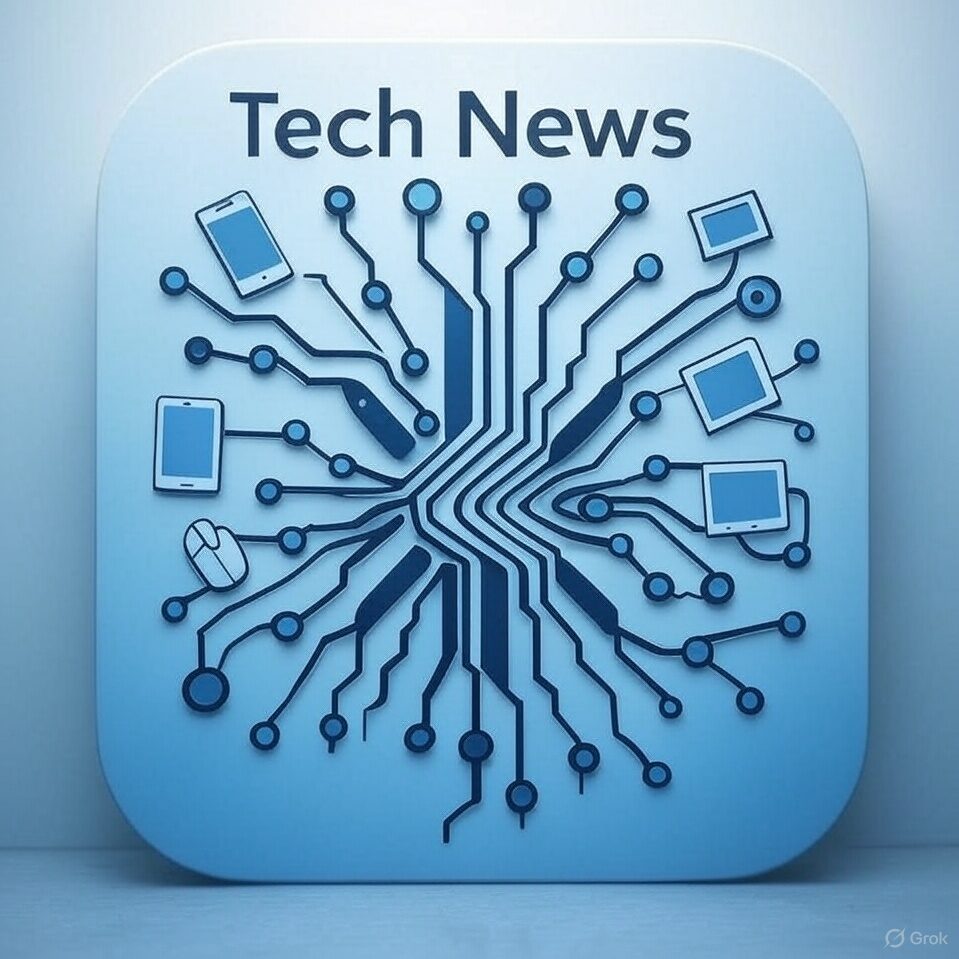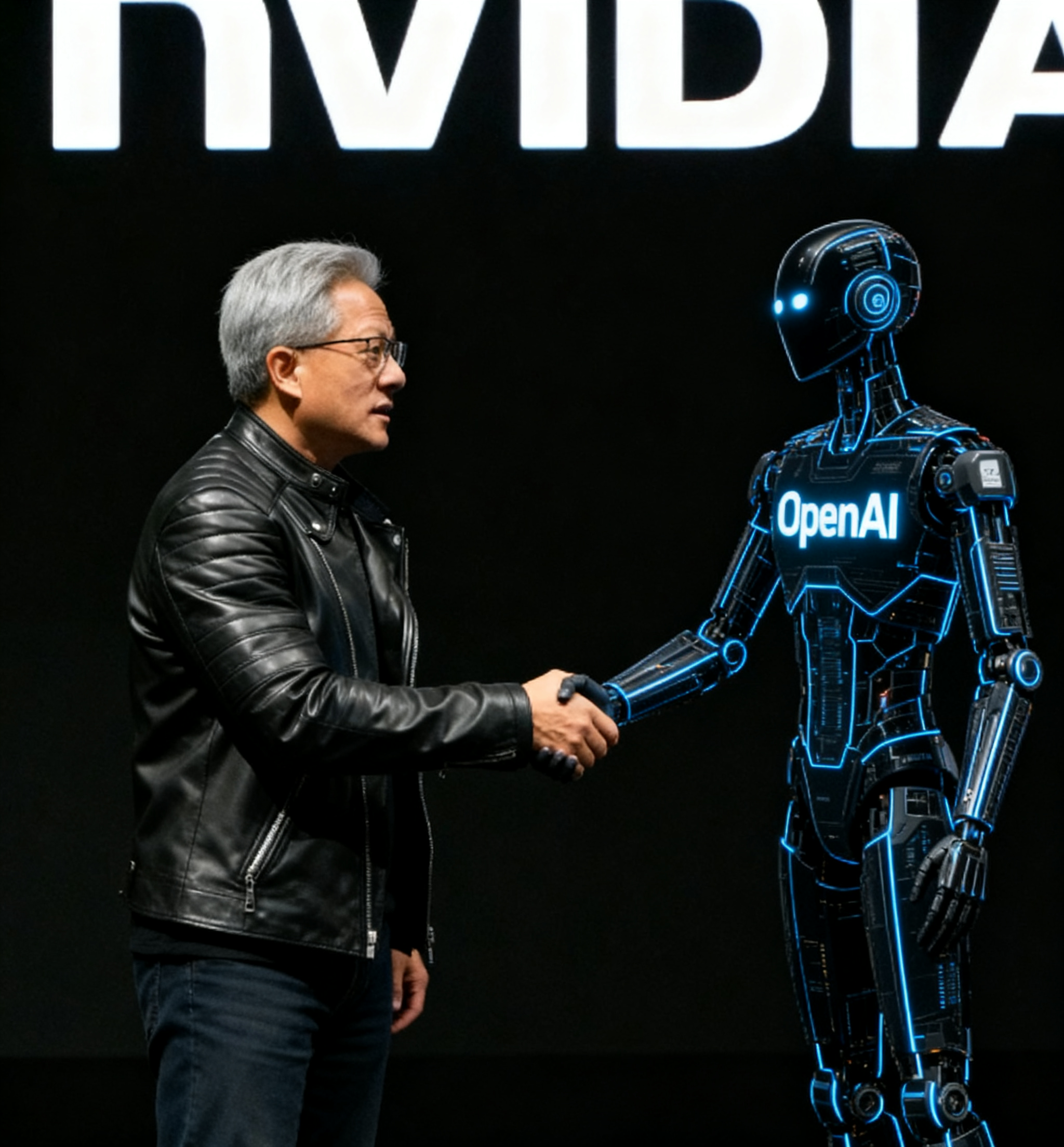
Artificial Intelligence (AI) is reshaping the 21st century, enabling machines to mimic human intelligence through tasks like learning, problem-solving, and decision-making

From virtual assistants to autonomous systems, Artificial Intelligence is seamlessly integrated into daily life, driving innovation across industries. This article explores AI’s role, applications, benefits, challenges, and future potential, reflecting the latest developments as of June 2025.
Understanding Artificial Intelligence: The Basics
Artificial Intelligence is broadly divided into Narrow AI and General AI. Narrow AI, the dominant form today, powers specific tasks like voice recognition or recommendation systems on platforms like Netflix and Spotify. General AI, which aims to replicate human-like cognitive abilities across diverse tasks, remains a work in progress, with significant research advancing its theoretical foundations.
Machine Learning (ML) and Deep Learning (DL) are key AI subfields. ML enables systems to learn from data and improve over time, while DL uses complex neural networks to process vast datasets, powering applications like image recognition and natural language processing (NLP). Recent advancements in transformer models and generative AI have further enhanced capabilities, enabling more natural interactions and creative outputs.
Artificial Intelligence in Everyday Life
Artificial Intelligence’s presence is ubiquitous, enhancing convenience, efficiency, and personalization across sectors:
- Smartphones and Assistants: Features like facial recognition, predictive text, and voice assistants (e.g., Siri, Google Assistant) rely on AI. In 2025, improved NLP allows assistants to handle more complex queries, such as scheduling tasks or summarizing emails with near-human accuracy.
- Social Media: Platforms like Instagram and X use AI to curate feeds, detect misinformation, and enhance content moderation. Recent algorithms prioritize user mental health by reducing harmful content exposure, reflecting growing ethical awareness.
- Healthcare: AI aids early disease detection, such as identifying cancers via medical imaging, and powers robotic surgeries. In 2025, AI-driven wearables monitor real-time health metrics, offering personalized wellness insights and reducing hospital visits.
- Finance: AI enhances fraud detection, credit scoring, and algorithmic trading. Banks now leverage generative AI for real-time financial advice, tailoring strategies to individual goals while detecting anomalies with unprecedented accuracy.
- Transportation: Self-driving cars, powered by advanced sensors and AI, are increasingly common in urban areas. Ride-sharing apps optimize routes and pricing, with 2025 seeing wider adoption of AI-driven traffic management systems to reduce congestion.
- Smart Homes: Devices like smart thermostats and security systems adapt to user habits. Voice assistants like Amazon Alexa integrate with IoT ecosystems, enabling seamless control of connected devices.
- E-commerce: AI personalizes shopping with tailored recommendations and visual search tools. Chatbots now handle complex customer queries, improving service efficiency.
- Education: AI-driven platforms adapt to students’ learning paces, offering personalized curricula. Virtual tutors and automated grading systems are mainstream, with 2025 seeing AI tools that foster critical thinking through interactive simulations.
- Entertainment: Streaming services like Netflix use AI for hyper-personalized content recommendations. Video games leverage AI for dynamic, adaptive characters, enhancing immersive experiences.
- Accessibility and Translation: AI-powered tools like Google Translate break language barriers with near-real-time accuracy. Speech-to-text and assistive technologies improve accessibility for people with disabilities.
Benefits of Artificial Intelligence
- Efficiency: Artificial Intelligence automates repetitive tasks, freeing time for creative and strategic work.
- Personalization: Tailored experiences in education, entertainment, and shopping boost engagement.
- Decision-Making: AI processes vast datasets to inform decisions in healthcare, finance, and beyond.
- Safety: AI enhances security through real-time surveillance and fraud detection.
- Convenience: Smart devices simplify daily tasks, from home automation to navigation.
Challenges and Ethical Considerations
Despite its benefits, Artificial Intelligence poses challenges. Data privacy remains a concern as systems collect vast user data. Job displacement due to automation requires reskilling initiatives, with 2025 seeing global efforts to bridge workforce gaps. Algorithmic bias can perpetuate inequality, prompting calls for transparent, fair AI design.
Ethical Artificial Intelligence development is critical. Governments and organizations are establishing frameworks to ensure accountability, with 2025 marking progress in global AI regulation, such as the EU’s AI Act. Ensuring AI aligns with human values fairness, inclusivity, and transparency—is paramount to prevent misuse.
The Future of Artificial Intelligence
AI’s evolution continues at a rapid pace. By 2030, we may see more advanced personal assistants capable of contextual understanding rivaling human assistants, fully autonomous vehicles in mainstream use, and AI-driven healthcare systems predicting diseases before symptoms appear. Emerging trends like AI-human collaboration and sustainable AI aim to reduce environmental impacts, with energy-efficient models gaining traction in 2025.
The focus remains on responsible AI development. Collaborative efforts among governments, tech companies, and communities are essential to maximize benefits while addressing risks, ensuring AI serves as a tool for global progress.
Conclusion
Artificial Intelligence is no longer a futuristic vision.It’s a cornerstone of modern life. From smarter devices to life-saving medical tools, AI enhances efficiency, decision-making, and accessibility. As we navigate its challenges and embrace its potential, understanding AI’s role is key to shaping a future where technology empowers and uplifts humanity responsibly.
Our latest Posts: Best Gaming Phones







